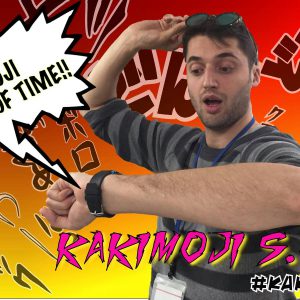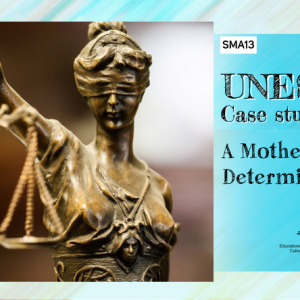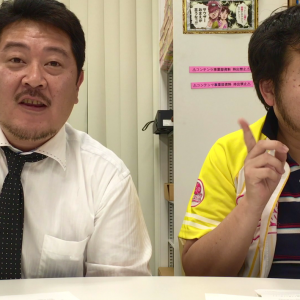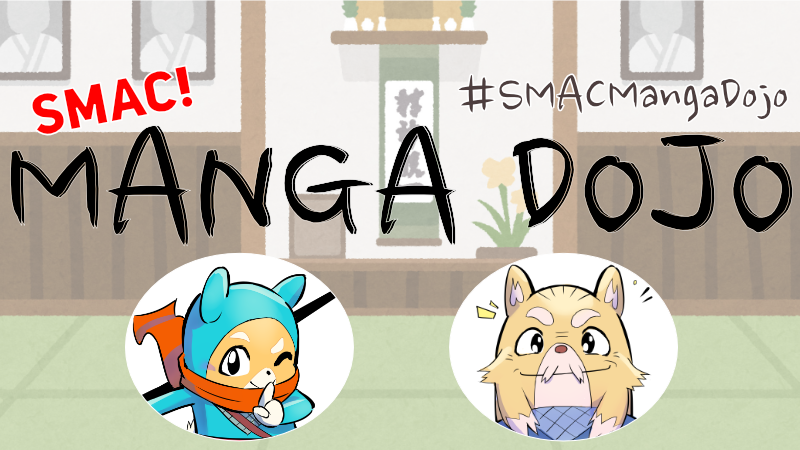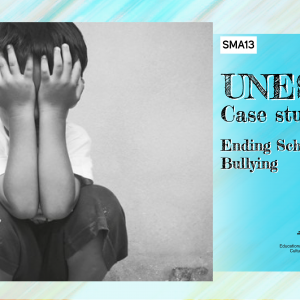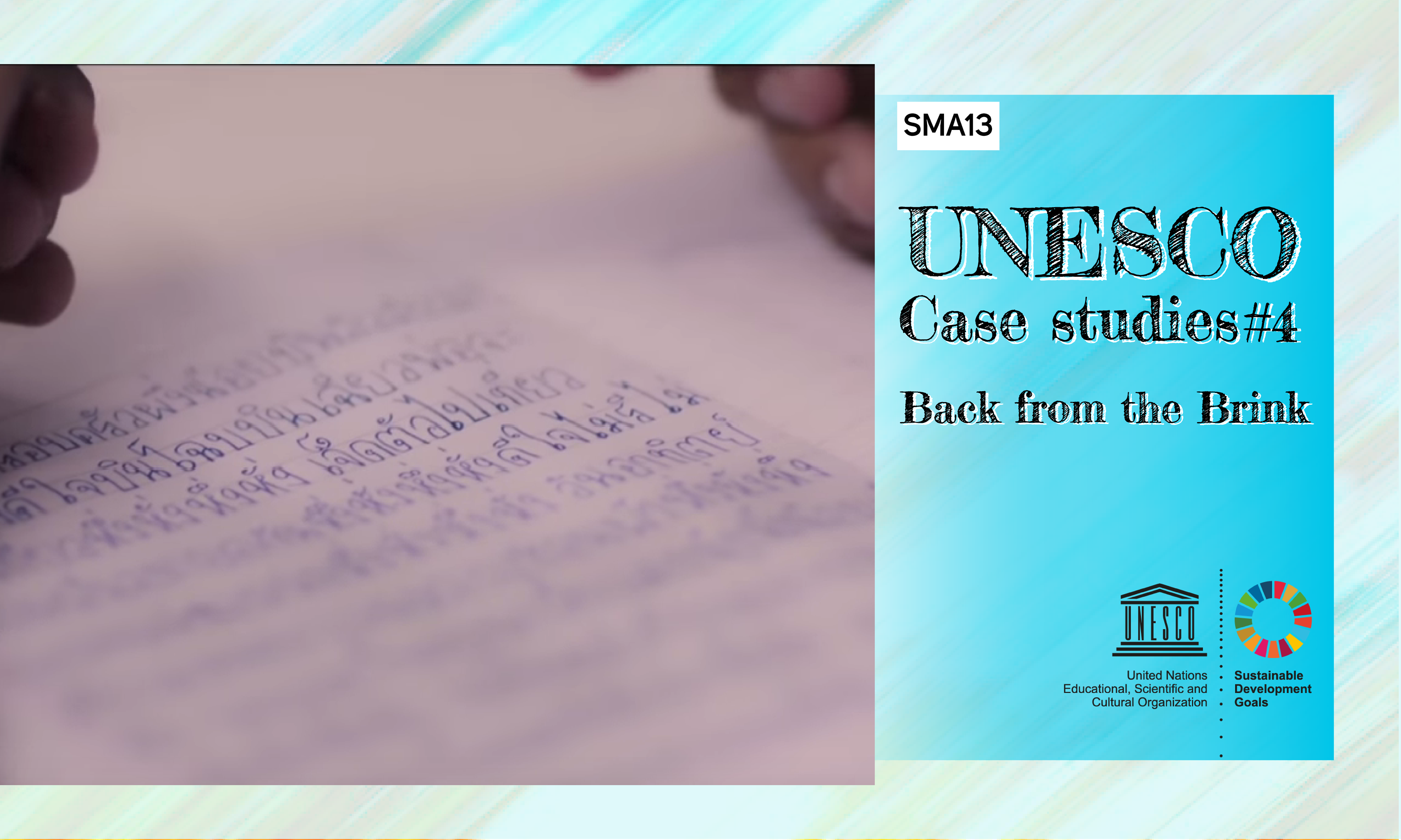
SMA13-UNESCO Round Case Studies #4: Back from the Brink
Achievement-based scholarships provide vital help for low-income families.
Picture having to choose between your future or urgently supporting your family’s right to survive. Today, far too many children in the Asia-Pacific region are forced to quit school in order to work, often for very low pay to provide for their family’s basic and essential needs… a decision no child should be forced to make.
Education is a basic human right, which determines children’s future in work, society and their personal lives. Yet there are 18.7 million primary-aged children out of school in the Asia-Pacific, for reasons including disabilities, distance, language, armed conflict and child marriage. Poverty and child labour are among the most common causes, as children have to contribute to their family’s livelihoods, at the cost of closing the door on their own future.

For many migrants, a grueling existence of unending work awaits them.
But hope springs for many, such as teenager Pyo Ma Ma Soe, whose door to education has opened once again. As one of the top students in the pioneering Learning Coin initiative, she excels at school, reads at least two hours a day and plans to be a doctor specializing in cancer treatment. For her father, a migrant from Myanmar who makes a living sewing clothes in Bangkok, Pyo Ma Ma Soe’s academic success is a dream come true.

For teenagers like Pyo Ma Ma Soe, education offers the chance for a better life for her and her family.
The Learning Coin initiative is based on a clear-eyed view of the challenges to stay in school faced by children from low-income families. By using an app which collects data on reading, the programe pays students’ families a scholarship based on their efforts to develop strong reading habits and achieve high-literacy skills. The small scholarships literally make the difference between students staying in school or being forced to quit, with students who dropped out able to return to studies after the launch of the initiative.

Play is unknown in many parts of Asia-Pacific, but education is allowing children to be children.
This innovative approach to education – taking into account the realities faced by low-income families – is being tested in Thailand with the support of the Ministry of Education and private sector, with plans to extend the programe not only to migrant families but also to other vulnerable and low-income communities. The choice should not be between enough food to eat and a child’s education.

Thanks to the Learning Coin initiative, the future looks bright for Pyo Ma Ma Soe and her family.
Pyo Ma Ma Soe has taken this opportunity to prove herself to be an exceptional student. Not only does her hard work and love of learning help to support her family today, but she is fulfilling her potential working towards her future personal and professional goals, breaking the cycle of poverty and contributing positively to her community as a whole.
Watch Pyo Ma Ma Soe’s story here:
PENMARU’s TIP!The Learning Coin initiative is a life saver for many students, providing the very building blocks for a peaceful society through the power of education. But what future could this initiative give its beneficiaries? What future would they have without it? Why not tell us with manga?!”





 The Learning Coin initiative is a life saver for many students, providing the very building blocks for a peaceful society through the power of education. But what future could this initiative give its beneficiaries? What future would they have without it? Why not tell us with manga?!”
The Learning Coin initiative is a life saver for many students, providing the very building blocks for a peaceful society through the power of education. But what future could this initiative give its beneficiaries? What future would they have without it? Why not tell us with manga?!”